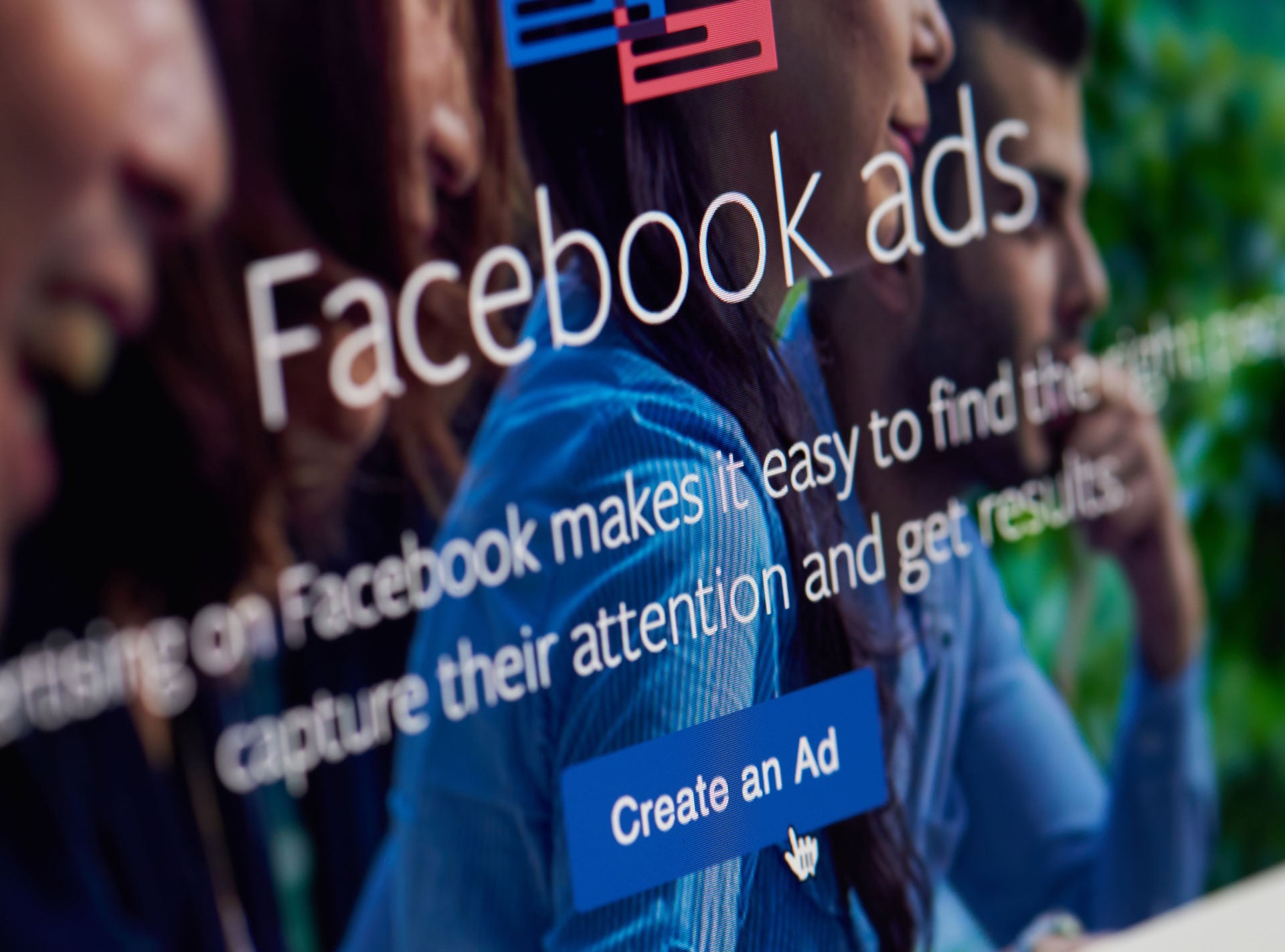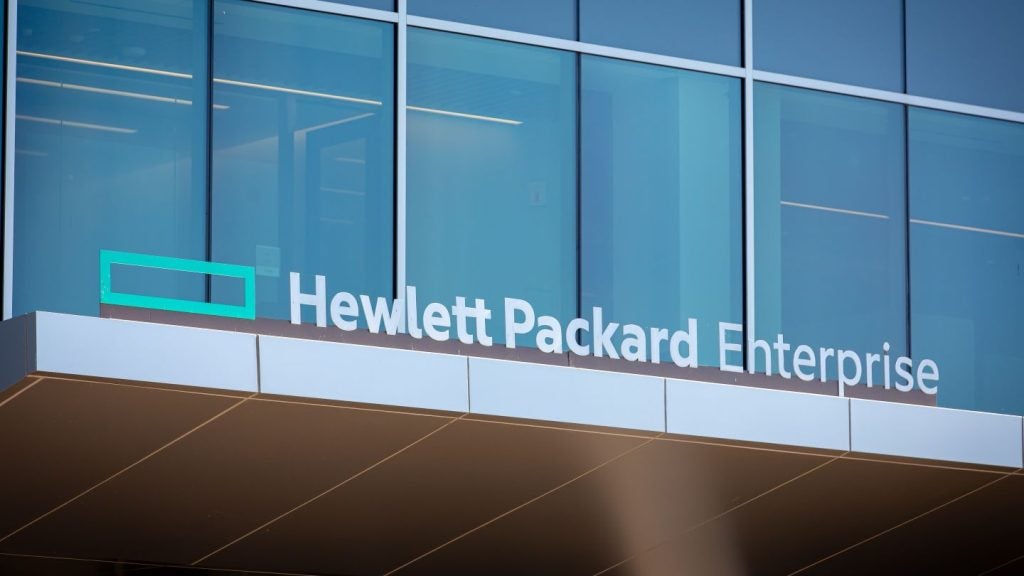
A landmark study into health-related advertising on Facebook has found that the social media giant has removed numerous adverts promoting vaccination on the grounds that they are political.
The study, published today in the journal Vaccine, was conducted by researchers at the University of Maryland, the George Washington University and Johns Hopkins University and looked at how Facebook advertising was used to promote both pro and anti-vaccination messages.
It found that a small group of “well-connected, powerful people” promoting broad anti-vaccination messages had successfully leveraged the platform’s targeted advertising service to reach select audiences. Specifically, 54% of all anti-vaccine adverts were posted by two privately funded groups: the World Mercury Project and Stop Mandatory Vaccination.
Meanwhile, those behind pro-vaccine messages well far less well funded and centralised, with their advertising often focusing on inoculating against specific conditions.
However, the data was taken from Facebook’s advertising archive in December 2018 and February 2019, before it initiated updated advertising policies in March 2019, which included blocking false vaccine-related content and preventing targeting people “interested in vaccine controversies”.
This means that while the findings are an accurate picture of the situation before the update, Facebook may have already taken steps to improve the situation.
Facebook deleting pro-vaccination adverts “leads to increased vaccine hesitancy”
The research found that Facebook had, on numerous occasions, deleted adverts with a pro-vaccine message, which the researchers attributed to the comparatively less savvy background of those behind the pro-vaccine messages compared to the highly funded and centrally organised anti-vaccine campaigns.
The researchers argued that this framing of vaccines as a political argument was not only an unreasonable characterisation of the scientific consensus, but actively contributes to the health issues arising as a result of reducing vaccination rates.
“By accepting the framing of vaccine opponents – that vaccination is a political topic, rather than one on which there is widespread public agreement and scientific consensus – Facebook perpetuates the false idea that there is even a debate to be had,” said study principal investigator David Broniatowski, associate professor of engineering management and systems engineering at George Washington University.
“This leads to increased vaccine hesitancy, and ultimately, more epidemics.
“Worse, these policies actually penalise pro-vaccine content since Facebook requires disclosure of funding sources for ‘political’ ads, but vaccine proponents rarely think of themselves as political. Additionally, vaccine opponents are more organised and more able to make sure that their ads meet these requirements.”
In a statement to Verdict, Facebook outlined its approach to vaccine misinformation:
“We tackle vaccine misinformation on Facebook by reducing its distribution and connecting people with authoritative information from experts on the topic,” a Facebook company spokesperson said.
“We partner with leading public health organisations, such as the World Health Organization, which has publicly identified vaccine hoaxes – if these hoaxes appear on Facebook, we will take action against them – including rejecting ads.”
Major groups behind anti-vaccine Facebook advertising
The finding that the majority of anti-vaccination Facebook advertising is from two groups also bucks perceptions around anti-vaccine messaging.
“The average person might think that this anti-vaccine movement is a grassroots effort led by parents, but what we see on Facebook is that there are a handful of well-connected, powerful people who are responsible for the majority of advertisements,” said study first author Amelia Jamison, a faculty research assistant in the Maryland Center for Health Equity.
“These buyers are more organised than people think.”
While Facebook has already taken steps to update its vaccination advertising policies, the researchers argue that more must be done to ensure the social media giant’s dominance does allow misinformation to be perpetuated.
“In today’s social media world, Facebook looms large as a source of information for many, yet their policies have made it more difficult for users to discern what is legitimate, credible vaccine information,” said study principal investigator Sandra Crouse Quinn, professor and chair of the Department of Family Science at University of Maryland’s School of Public Health.
“This puts public health officials, with limited staff resources for social media campaigns, at a true disadvantage, just when we need to communicate the urgency of vaccines as a means to protect our children and our families.”
Read more: How technology is being used to combat vaccine hesitancy







